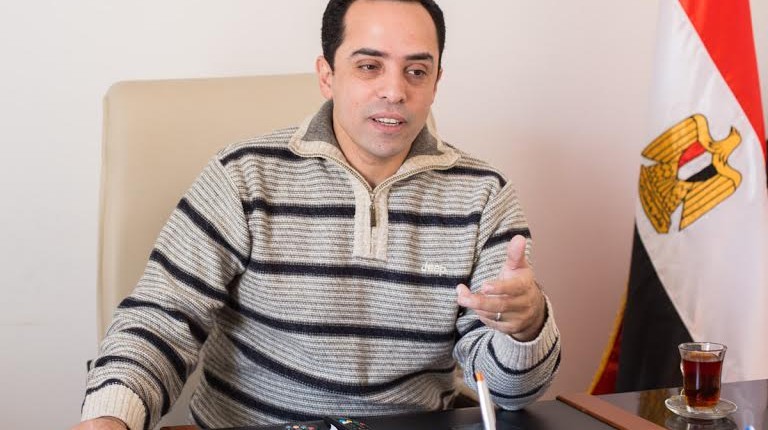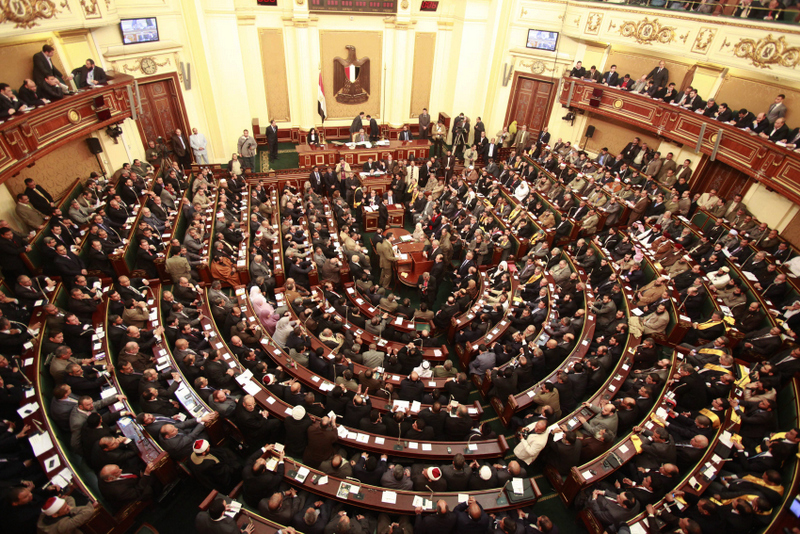The 25 January Revolution in 2011 and the 30 June uprising in 2013 reflected one of the noblest and most peaceful events, in which the Egyptian youth led the revolutionary vanguard, overcoming the restrictions surrounding them.
The youth were inspired by the developments of the modern world and the tools of communication, which enabled them to create the channels for mobilisation under the banner of peaceful change. Masses of the great Egyptian people from all sects gathered under this banner, protected by the army, which sided with the legitimacy of the revolution, as presented by the popular will, in an epic tale that startled the world.
The revolution achieved the dream of deposing the regime, opening the doors for a new era of modern Egypt with the stated objectives being “bread, freedom, dignity, and social justice”, in the framework of a modern sovereign state, with a democratic free will. This state builds on the Egypt’s unique civilisational identity, based on its historical constants that have enshrined themselves in the Egyptian conscience throughout its successive revolutions and the stages of its struggle.
This new state draws on the positives of these struggles to build upon them, and learns from the negatives through a reading of the past and its lessons, to announce the point of rupture and the reasons that led up to it. It seeks to gather the skills and abilities of the Egyptian people, to restore the role it played during the renaissance stages of the national level, along with its spheres of influence in the Arab and Islamic worlds, in Africa, and in the world.
But we have to ask, following all this, does Egypt truly have what we can refer to as transitional justice? Did the Egyptian state have a real intention to impose that justice after the 30 June uprising?
I do not think it is hard to find the answer. Nothing has changed since 30 June 2013. Worse still, an 80-year-old man was appointed as the Minister of Transitional Justice, while in reality one of his grandchildren should have headed this ministry. I cannot forget that this man was the first chairman of the commission appointed by former president Mohamed Morsi to grant amnesty to prisoners, and that this committee did indeed release hundreds from prisons.
Yet, we still talk about the transitional justice that the constitution stipulates, when Judge Henedy took over the ministry, but he did nothing for transitional justice. He left it in hands of the House of Representatives to decide upon transitional justice after concluding the parliament’s first session.
I do not think an 80-year old man who chaired a committee to release criminals and terrorists can do anything for transitional justice. We must admit that the man was chosen out of courtesy, when judges opposed his appointment as Minister of Justice.
Judge Henedy then took over the reins of the ministry before it was cancelled without doing anything. The Egyptian people are the ones who have to pay the price for this, and are being forced to forget about transitional justice, although the constitution demands the passing of a transitional justice law upon the parliament’s first convening.
However, the question is, who will this justice be imposed upon? Those upon whom the measures of transitional justice should have been applied, following the revolution, are now the same faces that are inside the parliament.
Abdallah Al-Moghazy is the former assistant to both Prime Minister Sherif Ismail and former prime minister Ibrahim Mehleb. He previously served as the spokesperson for President Abdel Fattah Al-Sisi’s electoral campaign. He also held a position on the Youth Advisory Council for the Supreme Council of Armed Forces, and was a spokesperson for the Al-Wafd Party.




